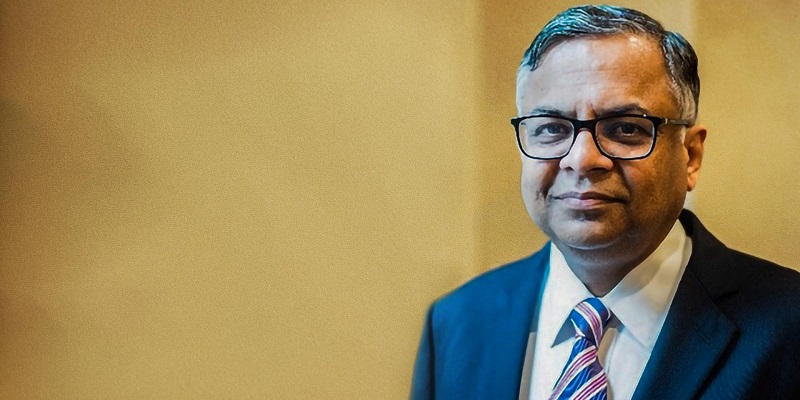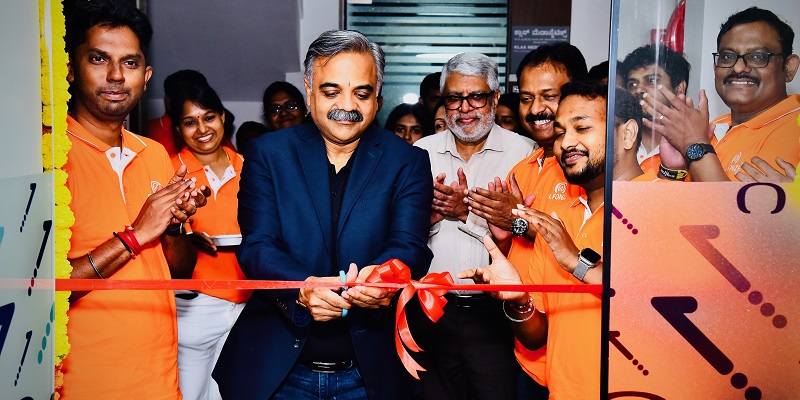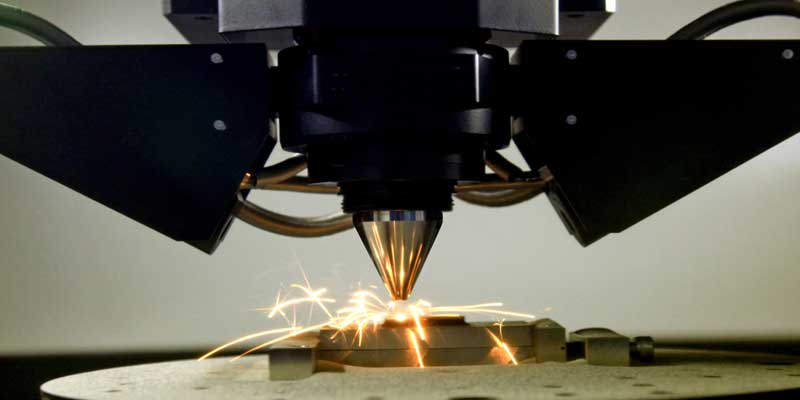Schedule a Call Back
Aluminium - Characteristics & Market Scenario
 Technical Articles
Technical Articles- Nov 02,11
Aluminium is the third most abundant element in the earth's crust. It exists in very stable combination with other materials particularly silicates and oxides. It is resistant to common atmospheric gases and a wide range of liquids. Hence, aluminium is known for its durability and high resale value. Aluminium is a unique metal; light weight, strong, durable, flexible, and impermeable, it does not rust and is 100% recyclable.
Demand and Supply
In 2010, global primary aluminium production was 40.795 million MT, up from 36.974 million MT in 2009. Global primary aluminium consumption rose to 40.218 million MT in 2010, compared with 35.073 million MT in 2009. The global aluminium market was in surplus by 577,000 MT in 2010, though down from 1.901 million MT in 2009.
Global Scenario
World primary aluminum production increased in 2010 compared to the production in 2009, mainly as a result of starting new smelters and restarting smelters that had been shut down in 2008 and early 2009. Major aluminium exporting countries are Germany I Russia and Canada, while major aluminium importing countries are USA, Germany and China.
Indian Scenario
Currently, India is the fifth largest producer of aluminium in the world with a production capacity of 1.6 million MT per annum. India's primary aluminium consumption in 2009 grew by 7.1% to 1.4 million MT. Its per capita consumption of the metal is 1.3 kg.
Indian aluminium industry consists of four primary producers: Hindalco, NALCO (a Government of India enterprise), BALCO, and Vedanta Aluminium.
Factors Influencing the Market
- Aluminium prices in India are fixed on the basis of the rates that rule on the international spot market, and Rupee and US Dollar exchange rates.
- Economic events such as national industrial growth, global financial crisis, recession, and inflation affect metal prices.
- Commodity-specific events such as the construction of new production facilities or processes, new uses or the discontinuance of historical uses, unexpected mine or plant closures (natural disaster, supply disruption, accident, strike, and so forth), or industry restructuring, all affect metal prices.
- Governments set trade policy (implementation or suspension of taxes, penalties, and quotas) that affect supply by regulating (restricting or encouraging) material flow.
 Geopolitical events involving governments or economic paradigms and armed conflict can cause major changes. There is also a national economic growth factor. Societies, as they develop, demand metals in a way that depends on their current economic position.
Geopolitical events involving governments or economic paradigms and armed conflict can cause major changes. There is also a national economic growth factor. Societies, as they develop, demand metals in a way that depends on their current economic position.
(Article courtesy: Multi Commodity Exchange of India Ltd, Mumbai. Tel: 022-67318888/022, 66494000. Fax: 91-22-66494151. Email: info@mcxindia.com)
INCAL 2011 to be Held in Hyderabad
INCAL 2011, the sixth edition of the International Conference on Aluminium held once every four years, will take place from 6 to 8 December at the Hyderabad International Convention Centre. Organised by the Aluminium Association of India (AAI), the event will showcase the latest technologies and advancements relating to the Aluminium industry and provide a unique platform for the Indian Aluminium sector to interact with experts from all over the world This International Conference enjoys the patronage of Ministry of Mines, Government of India and support by various overseas Aluminium organizations, such as, European Aluminium Association (EAA), International Aluminium Institute (IAI), The Aluminium Association, USA, Japan Aluminium Association, and The Brazilian Aluminum Association (ABAL).
The expo aims at attracting investors in the Aluminium sector to India, foster innovation for sustainable development, promote technological and industrial knowhow and transfers between partners, aid the streamlining of the industry, and to create awareness about the potential of the sector for the overall economic growth of the nation informed Professor KSS Murthy, Honorary General Secretary, AAI. Conferences and deliberations relating to various issues concerning the global and the Indian Aluminium industry will be conducted during the event. The topics include technology relating to processes and equipment; applications; recycling; R&D; Environmental Issues & Energy, Marketing, etc.
The Aluminium Association of India was founded in 1981 and supported by various ministries of the government. It represents the entire spectrum of the aluminium industry, producers, downstream manufacturers, equipment suppliers, technologists, metallurgists, and R&D organizations. It is a member of the International Body of Aluminium Associations.
(Aluminium Association of India, Bangalore. Tel: 080-25582197, 757, Fax: 91-80-25594535, Email: aluminium@eth.net, aai@aluminium-india.org)
Related Products
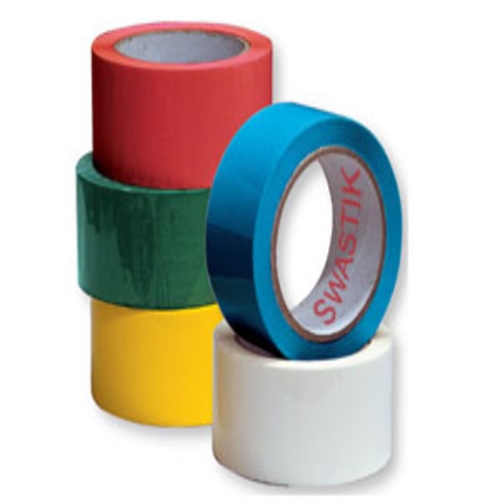
Bopp Tape
Keval Industries offers a wide range of bopp tape.

Ac Servo Motors and Drives - Asda-a3 Series
Delta Electronics India Private Limited offers AC servo motors and drives - ASDA-A3 Series.
Read more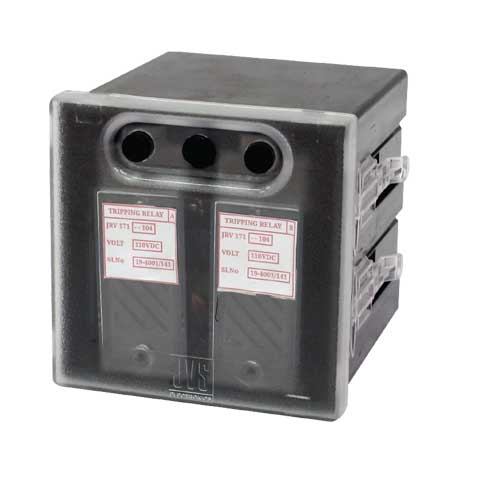
High Speeed Tripping Relay Two Element
JVS Electronics Pvt Ltd offers a wide range of high speed tripping relay two element JRV171x2.
Read more




